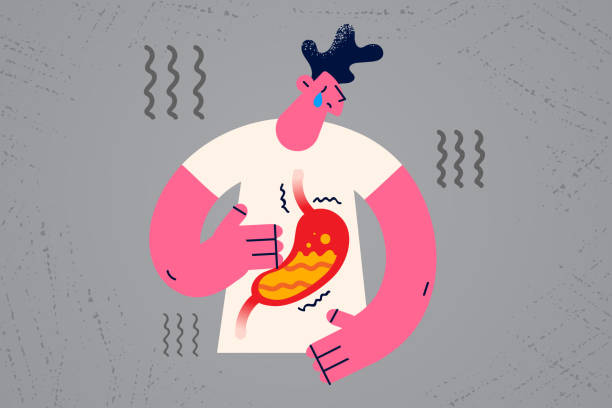Unmasking the Hidden Culprits: Why You're Bloated Despite a Healthy Diet
You've committed to a healthy lifestyle—incorporating plenty of vegetables, fruits, lean proteins, and whole grains into your diet. Yet, despite these efforts, you find yourself frequently battling bloating and discomfort. This paradox is more common than you might think, and understanding the underlying causes can help you achieve the comfort and well-being you seek.
Understanding Bloating on a Healthy Diet
Bloating is the uncomfortable sensation of fullness or swelling in the abdomen, often accompanied by gas or distension. While it's easy to associate bloating with poor dietary choices, several factors can contribute to this issue even among the health-conscious.
1. Overconsumption of High-Fiber Foods
Fiber is essential for digestive health, aiding in regular bowel movements and feeding beneficial gut bacteria. However, a sudden increase in fiber intake, especially from raw vegetables and legumes, can lead to excessive gas production and bloating. Gradually increasing fiber in your diet allows your digestive system to adapt, minimizing discomfort.
2. High-FODMAP Foods
FODMAPs (Fermentable Oligosaccharides, Disaccharides, Monosaccharides, and Polyols) are short-chain carbohydrates found in various foods that can be poorly absorbed in the small intestine. Foods high in FODMAPs, such as certain fruits, vegetables, and dairy products, can ferment in the gut, leading to gas and bloating. Identifying and moderating intake of high-FODMAP foods can alleviate these symptoms.
3. Insufficient Chewing and Rapid Eating
Digestion begins in the mouth, and inadequate chewing can result in larger food particles entering the digestive tract, making it harder for enzymes to break them down efficiently. Eating too quickly can also lead to swallowing air, contributing to bloating. Taking the time to chew food thoroughly and eat mindfully can enhance digestion and reduce bloating.
4. Stress and Lifestyle Factors
The gut-brain axis highlights the connection between mental well-being and digestive health. Stress can alter gut motility and increase sensitivity to bloating. Incorporating stress-reduction techniques such as yoga, meditation, or regular physical activity can positively impact digestive comfort.
5. Dehydration and Electrolyte Imbalance
Adequate hydration is crucial for digestion, as water helps dissolve nutrients and soluble fiber. Conversely, dehydration can slow gastric emptying, leading to bloating. Maintaining proper hydration and balancing electrolytes supports optimal digestive function.
Strategies to Alleviate Bloating
Introduce Fiber Gradually: Increase fiber intake slowly and consider cooking vegetables to make them easier to digest.
Monitor FODMAP Intake: Keep a food diary to identify and limit high-FODMAP foods that trigger bloating.
Practice Mindful Eating: Chew food thoroughly and eat at a relaxed pace to aid digestion.
Manage Stress: Engage in activities that promote relaxation and reduce stress levels.
Stay Hydrated: Ensure adequate water intake throughout the day to support digestive processes.
If bloating persists despite these adjustments, consulting a healthcare professional can help identify any underlying conditions and tailor a plan to your specific needs.
By recognizing and addressing these often-overlooked factors, you can enhance your digestive health and enjoy the full benefits of your nutritious diet.






